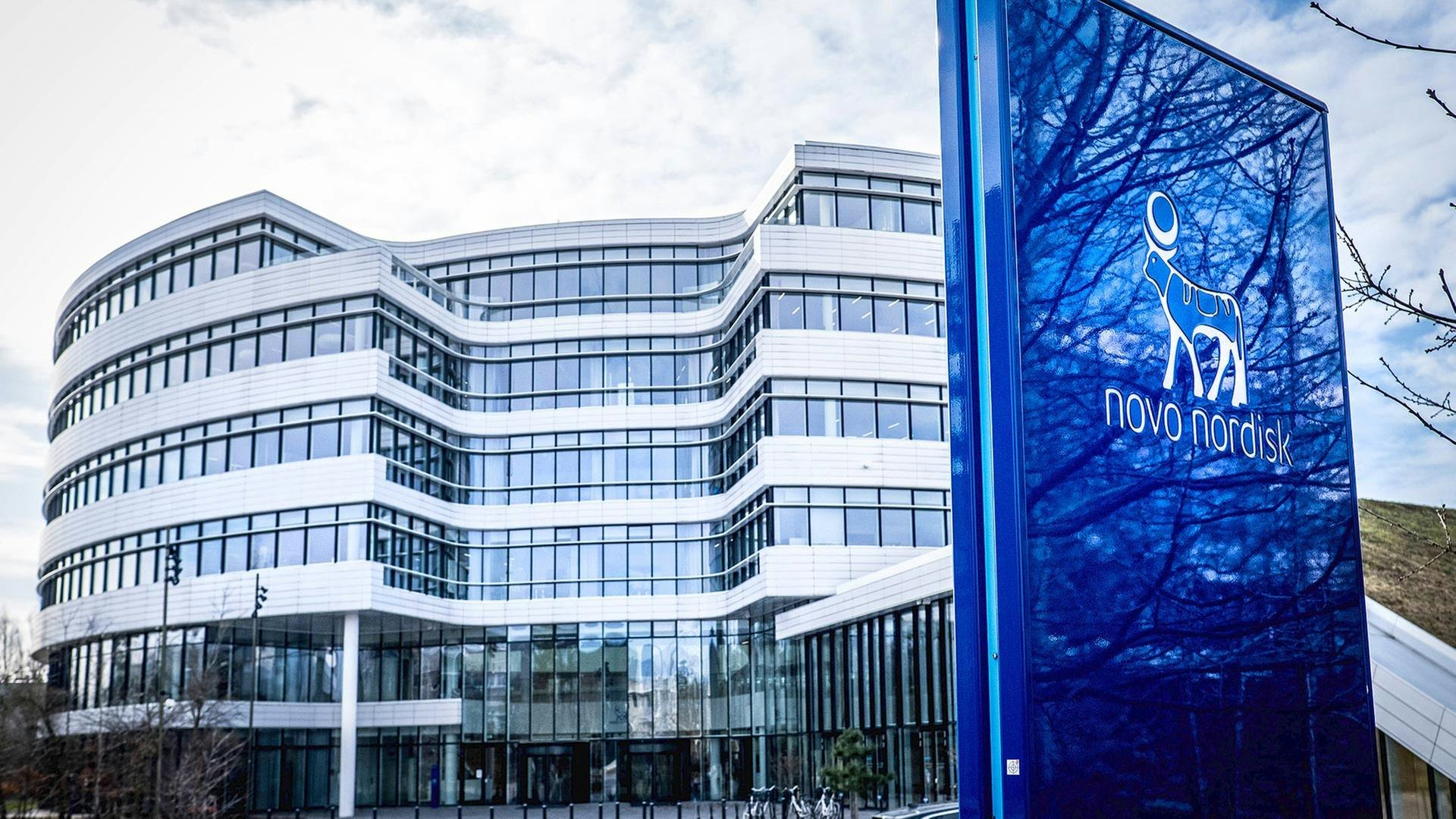Despite continuous expansion and around 7,758 stores in mainland China, Starbucks reports a revenue decline in its second-largest market: from $3.7 billion in 2021 to only $3 billion in the current fiscal year 2024. The US company is now considering selling a minority stake in its China business to secure strategic support.
CEO Brian Niccol told the Financial Times there is "a lot of interest" in a stake. Investors see the value of the brand and the growth potential of the segment. "They would like to work with us to grow from 8,000 to 20,000 stores," said Niccol.
Both Chinese and international private equity firms and strategic partners are considered potential investors. According to people familiar with the process, the investment bank Goldman Sachs is leading the selection process. Although the project is still in an early stage, Starbucks indicates openness to various participation models. However, Niccol emphasized that the company wants to retain a "significant stake.
In parallel with the talks, Starbucks is responding to the intensifying competition with local providers like Luckin Coffee and Cotti Coffee, which offer significantly lower prices. This week, Starbucks reduced the prices of over 20 iced and tea-based beverages by an average of 5 Renminbi (about 70 cents). With this move, the company aims to specifically tap into the growing market for non-coffee-based drinks in China, which is increasingly dominated by bubble tea brands.
Starbucks announced in 2022 to grow to 9,000 stores in China by 2025. However, consumer sentiment remains subdued in light of weak economic data. Meanwhile, its own pricing structure is also coming into focus. "Our strategy in China is to become more competitive," said Niccol. The pricing architecture in the non-coffee beverage sector needs to be adjusted.
Internally, the company is preparing a cultural repositioning: At the three-day global leadership meeting in Las Vegas, where 14,000 employees gathered, Molly Liu, CEO of Starbucks China, was also present—a sign of the market's strategic importance.







